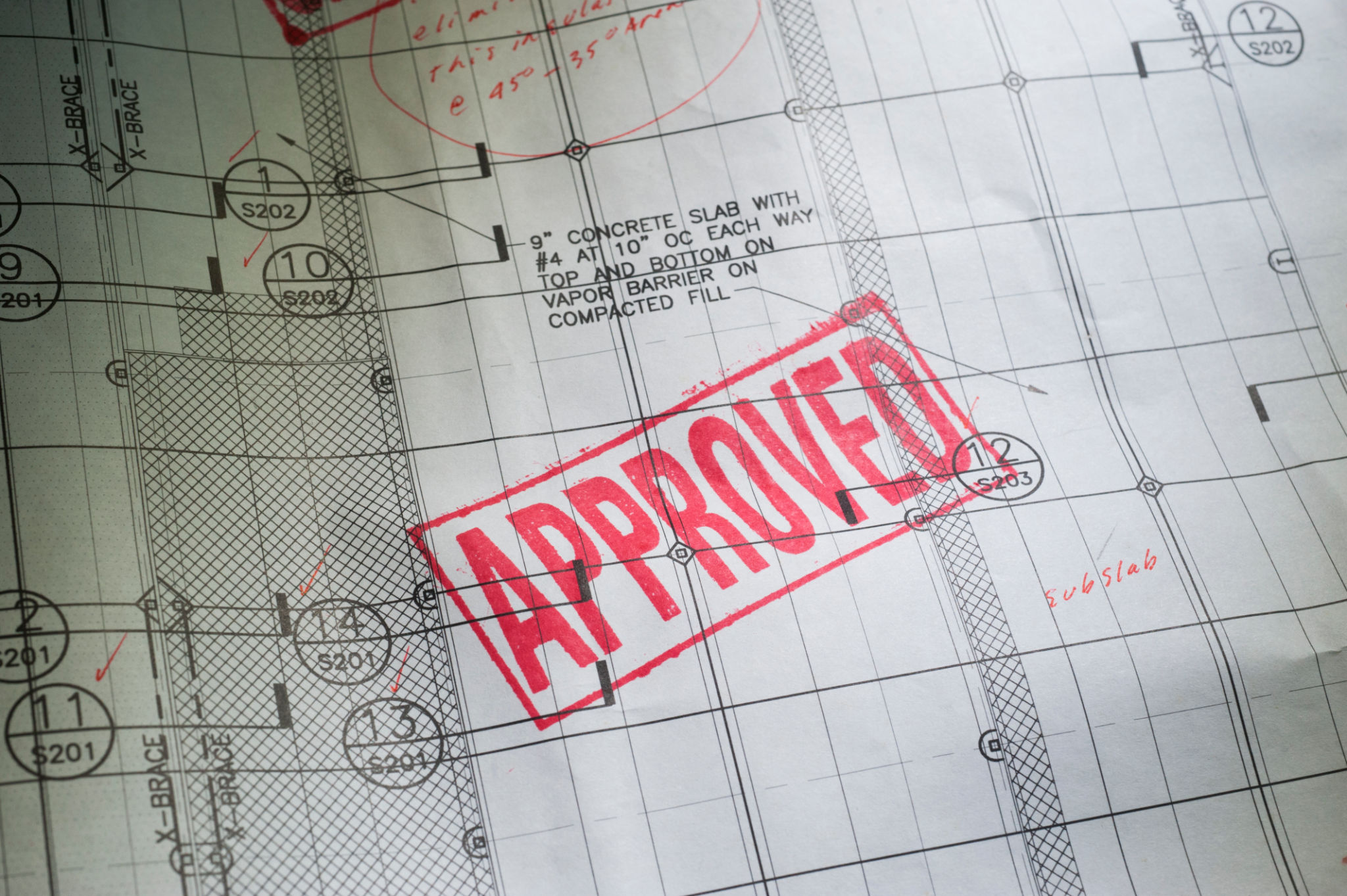Understanding Local Land Regulations and Permits in Omaha
Introduction to Local Land Regulations
Understanding local land regulations and permits is crucial for anyone looking to develop property in Omaha. These regulations ensure that land use aligns with city planning objectives, which aim to create a harmonious balance between development, green spaces, and community needs. Whether you're a homeowner, builder, or developer, comprehending these guidelines is essential to avoid legal complications and ensure your project progresses smoothly.

Types of Land Use Regulations
Omaha's land use regulations cover various aspects, including zoning laws, building codes, and environmental requirements. Zoning laws determine how land can be used—whether for residential, commercial, industrial, or agricultural purposes. Understanding the zoning designation of your property is the first step in planning any development.
In addition to zoning, building codes dictate the standards for construction, ensuring safety and structural integrity. These codes cover everything from electrical and plumbing systems to fire safety measures. Adhering to these standards is not just about compliance but also about ensuring the safety and longevity of your structure.
The Permit Application Process
Navigating the permit application process in Omaha can seem daunting, but understanding the steps involved can simplify it. Generally, you'll need to submit detailed plans of your proposed development to the city's planning department. These plans must align with existing regulations and guidelines.

Once submitted, the application undergoes a review process where city officials assess compliance with local codes. It’s important to note that obtaining permits can take time, so planning ahead is crucial to avoid project delays. In some cases, you may need to attend meetings or hearings if your project requires special considerations or variances.
Common Challenges and Solutions
One common challenge in obtaining permits is dealing with unexpected zoning issues. If your project doesn't fit neatly within existing zoning laws, you may need to apply for a variance or rezoning request. This process requires additional documentation and often involves public hearings.
Another challenge can be meeting environmental regulations. Omaha places a strong emphasis on sustainability and environmental protection. Ensuring that your project complies with these standards is critical not only for permit approval but also for community acceptance.

Tips for a Successful Permit Application
To improve your chances of a smooth approval process, consider the following tips:
- Start Early: Begin your research and application process as early as possible to account for any unforeseen delays.
- Consult Professionals: Hiring experienced architects or planners who are familiar with Omaha's regulations can be invaluable.
- Stay Informed: Regularly check for updates or changes in local regulations that might affect your project.
The Importance of Community Engagement
Engaging with the community can play a significant role in the success of your project. Hosting information sessions or meetings with local residents can help address concerns and foster support. This proactive approach demonstrates your commitment to being a responsible developer and can ease the approval process.
Ultimately, understanding and navigating Omaha's local land regulations and permits requires diligence, patience, and a proactive approach. By following the guidelines and fostering positive community relationships, you can ensure that your development aligns with city objectives while meeting your goals.
